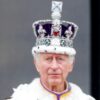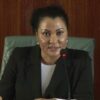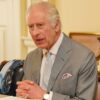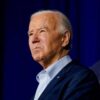More in News
-


Family & Relationship
Shatta Wale Discusses How The Divorce Of His Parents Impacted Him
Well-known Ghanaian rapper Shatta Wale opens up about his upbringing and his painful experience of his...
-


News
Prince Harry And Wife Meghan Will Travel To Nigeria In May For The Invictus Games
The Duke of Duchess, His Royal Highness, Prince Harry, and his wife, the Duchess of Sussex,...
-
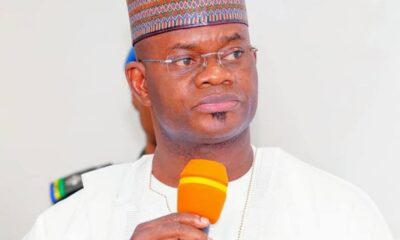
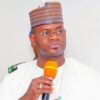
News
Why Yahaya Bello’s $760,000 Was Refunded To EFCC, The American International School
Yesterday, The American International School returned $760,000 that was paid in advance for the former governor...
-


Family & Relationship
Motherhood: Understanding And Addressing Disrespectful Behavior In Teenagers 9
As discussed in previous articles, teenagers’ disrespectful behavior is a major concern for most parents, especially...
-


Living
Jesus The True Vine
Next month is May, a time when we traditionally deepen our devotion to Our Blessed Lady....







